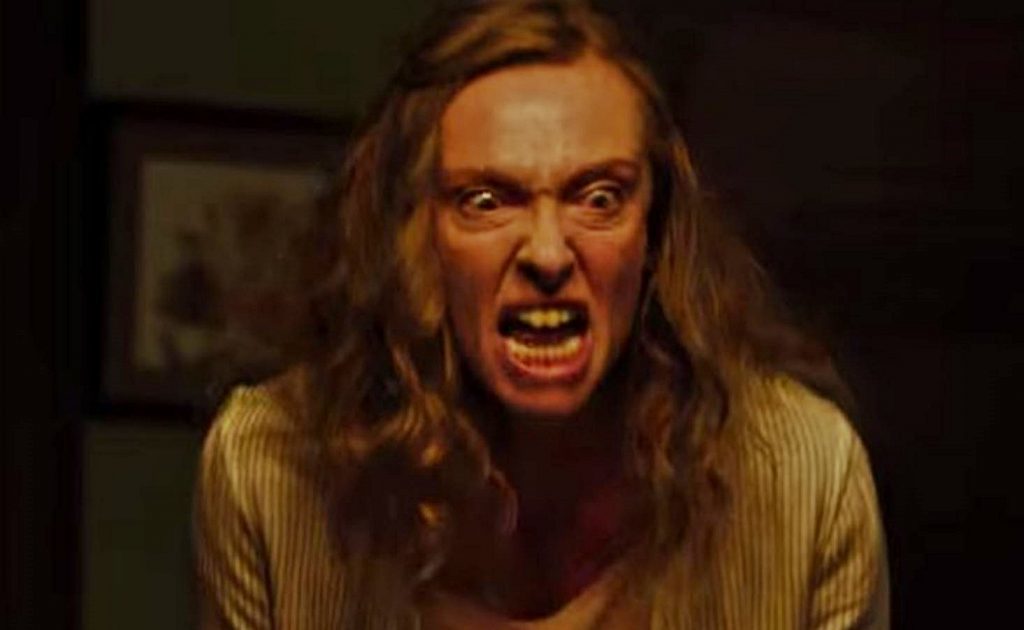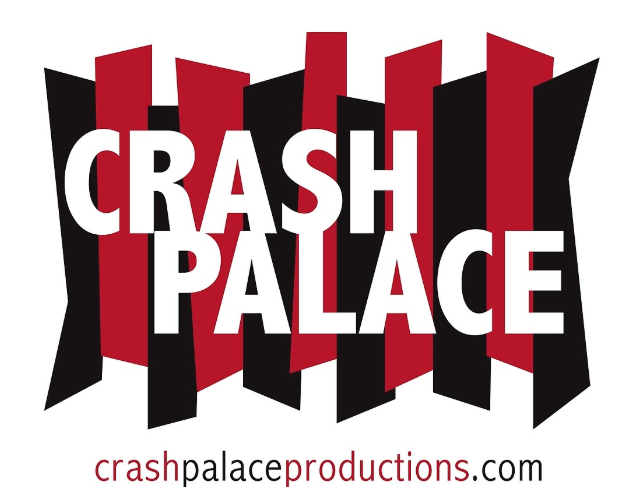
Hereditary: Devil May Care…
By Jonny Numb
It wasn’t too long ago that Jason Reitman’s Tully had its theatrical run. While not a horror, the film – about an exhausted mother (Charlize Theron) on the brink of a nervous breakdown from raising three children – found the beating heart in a tale that, at times, danced around a psychological darkness. In the end, it became the kind of achingly human comedy-drama that would’ve earned Rod Serling’s seal of approval.
From a thematic perspective, Ari Aster’s Hereditary has much in common with Tully, from its idiosyncratic depiction of the family unit and its struggles, to a matriarch teetering just south of sanity. The difference is, Reitman (working from a script by Diablo Cody) has his ear tuned to the fragility of his characters, acknowledging the emotional weight that burdens them. Even with its well-placed surrealist touches, Tully remains one of the most honest films of 2018.
Early on in Hereditary, I found myself drawing parallels between Steve (Gabriel Byrne) and Annie (Toni Collette), who bore slight physical resemblances to my father and birth-mother. Their personalities – from the quietly passive to the randomly explosive – mirrored my own perception of my parents during a specific point in time. That said, I felt considerably less for their children, including bland teenage son Peter (Alex Wolff), who likes girls and weed and instruments; and disturbed daughter Charlie (Milly Shapiro), whose tongue-clucking tic is a trailer lynchpin.
The family’s ultimate downfall is that they’re stuck in a screenplay that’s too busy trying to be disturbing to land its emotional beats with any sense of authenticity.
As a result, my connection to Annie and Steve deteriorated in the home stretch. Aster’s handling of the material (he also wrote the screenplay) is nothing if not deliberate, but he overindulges his excesses to the point where moments meant to invoke fear falter because they’re too drawn-out (including a protracted, dreamlike finale), or lean too hard on hysterical performances (with some becoming unintentionally comedic).
God bless Toni Collette – she’s played a mother in more movies than I can think of offhand, and gives Hereditary her all, even when it reciprocates little in return. (In a related aside, the casting of Byrne as a grieving father is interesting, as he depicted a similar – albeit more emotionally invested – character in Joachim Trier’s Louder Than Bombs).
From the opening shot, it’s implied that the family may be living in a “God’s Eye View” simulation, but this notion quickly falls by the wayside. A subplot about Annie’s creation of macabre miniature models to cope with her psychological demons would be interesting if it went anywhere. Ditto the cast-off references to myths, folklore, and spirituality. A midpoint seance with support-group member Joan (Ann Dowd) is effective in the moment, but just feels like an empty homage by the time the credits roll.
Aster graces us with the periodic striking image or suspenseful sequence, but Hereditary is one of those frustrating films where the last act winds up devaluing what came before, reducing the efforts of the cast (and everyone else) to a shallow ruse; an aesthetic demo reel for a filmmaker who knows how to wield the technical components of cinema (slow push-ins; stalking dolly shots; specific lighting), but not the fundamentals of fusing them to a coherent story.
At times, the characters breathe a life that’s uniquely their own: take, for example, when Annie attends a grief circle and shares far too much family history with the group. In the early going, Collette’s performance is a convincing portrait of loss. Unfortunately, the cinderblock exposition of familial mental illness is reduced to a “because it’s there” gimmick. The film wants to depict psychosis as a destructive form of genetic inheritance, but only maintains a surface-level curiosity toward it. Aster’s idea of “psychological exploration” is scenes where Annie is reduced to id-driven meltdowns that utilize contrived, shock-value dialog to get points across.
All that said, the sound design is excellent. Colin Stetson’s score is filled with moody ambiance, but can also sneak up and strike like a blow to the skull. It’s as unconventional as Mica Levi’s work on Under the Skin, or Disasterpeace’s anachronistic synth tones in It Follows. The one moment in Hereditary that made me jump was due to a perfectly-placed sound effect.
From a marketing standpoint, A24 has a consistent formula going: intercut weirdness and shock-value jumps (pure Blumhouse moxie!) with hyperbolic blurbs from critics (pure art-house integrity!). Hereditary’s trailer is rife with the same kind of chicanery the film practices in earnest – with the ultimate trick being that it has very little interest in living up (or down) to its themes, and the obligations to character and story that would have turned it into a true horror film of the soul.
2 out of 5 stars
The Plot Sickens: Don’t miss Jonny Numb’s interview with TraCee of SCRM Radio!
Crash Analysis Support Team
 Jonny Numb
Jonny Numb
Jonny Numb (aka Jonathan Weidler) currently maintains an existence in his kindergarten diorama project, staying out of the way of starfish and whales. He can also be found on those questionable substitutes for reality, Twitter and Letterboxd @JonnyNumb.
(Still from Hereditary via ScreeGeek.)
